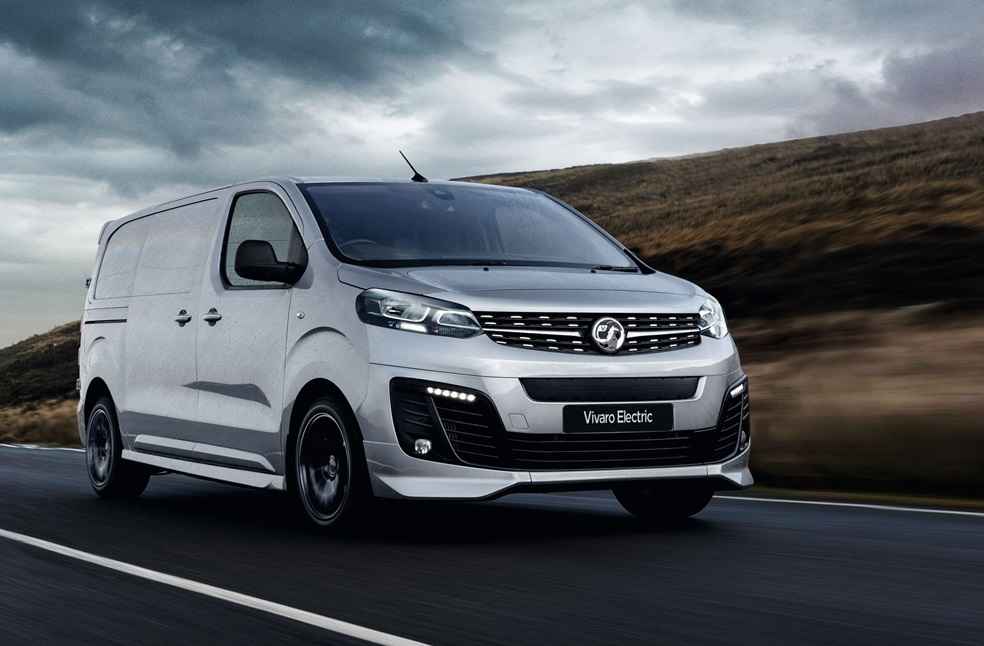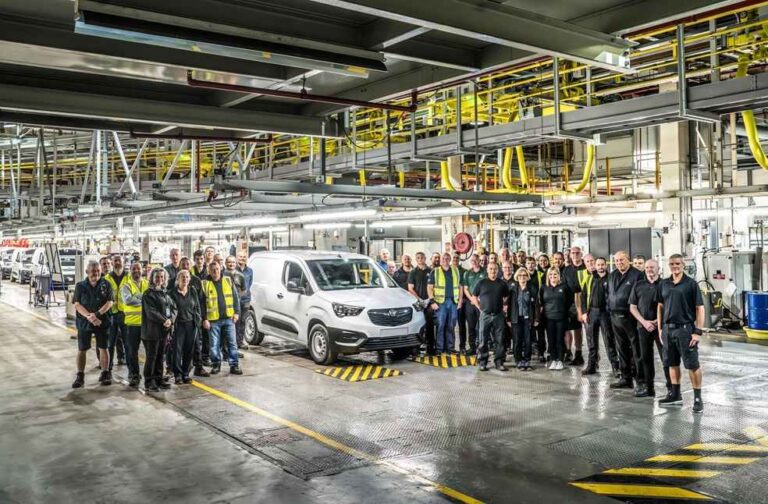United Kingdom: Vauxhall’s owner, Stellantis, has revealed plans to manufacture electric vans at its Luton factory from 2025, safeguarding 1,500 jobs at the UK facility.
Stellantis has announced that the Luton factory will build mid-size electric vans for the Vauxhall, Citroen, Peugeot and Fiat Professional brands. This decision is likely to be appreciated by the UK automotive industry, which has recovered from a challenging period due to chip shortages and Brexit trade restrictions.
Vauxhall’s parenting company had alerted last year that it might shut down its UK plants in case of UK-EU export tariffs. However, an agreement was reached between Westminster and Brussels in December to delay the tariffs, which cleared the way for additional investments.
Some car manufacturers, such as Honda and Ford, have closed factories in the UK instead of investing in the production of electric vehicles (EVs). However, many others have recently announced plans to produce EVs or components.

Last year, several major car manufacturers announced plans to invest in the production of electric cars in the UK. In November, Nissan declared that it would build two new electric models in Sunderland. Similarly, Tata Sons, the parent company of Jaguar and Land Rover, affirmed in July that it would construct a £4 billion battery factory in Somerset. In September, BMW revealed plans to spend £600 million upgrading its factory to produce electric mini-cars.
According to Vauxhall’s owner, the company has begun manufacturing electric vans at its other significant facility in Ellesmere Port, Merseyside. There was uncertainty about the future of the plant, but this was resolved by changing its emphasis from producing passenger cars to commercial vans.
The Luton plant will manufacture several models, including the Vauxhall Vivaro, Peugeot e-Expert, Citroën ë-Dispatch, and Fiat E-Scudo. These vehicles have nearly identical designs but are marketed in different countries. The factory will primarily produce right-hand-drive vans for the UK market, but it will also be capable of producing left-hand-drive models.

Stellantis already makes electric versions of the Vivaro at its factory in Hordain, northern France. The company predicts a surge in demand for mid-sized electric vans in the future. The Luton plant has a manufacturing capacity of 100,000 vehicles per year. However, over the past decade, it has produced between 60,000 and 78,000 vans annually.
According to company statements, production of electric vans will begin this year in Luton, Bedfordshire. Stellantis will continue to build versions with internal combustion engines in the same factory.
Maria Grazia Davino, Stellantis UK’s group managing director, noted that, “The investment demonstrates Stellantis’s confidence in the plant. The UK government should stimulate more demand in the electric vehicle market and support manufacturers that invest in the UK for a sustainable transition.”
TOP PICKS | EU to investigate Chinese subsidies for electric vehicles



